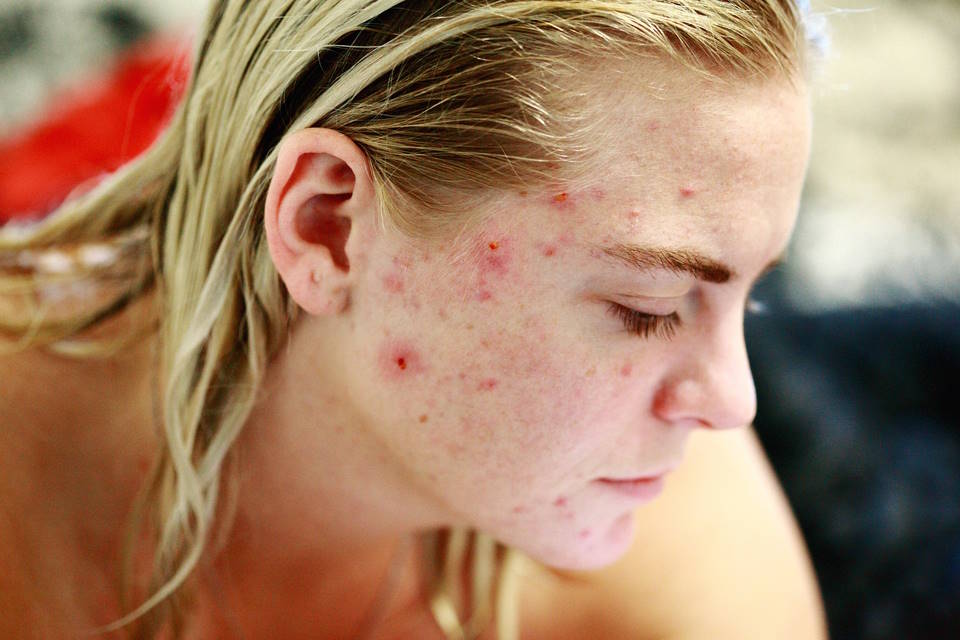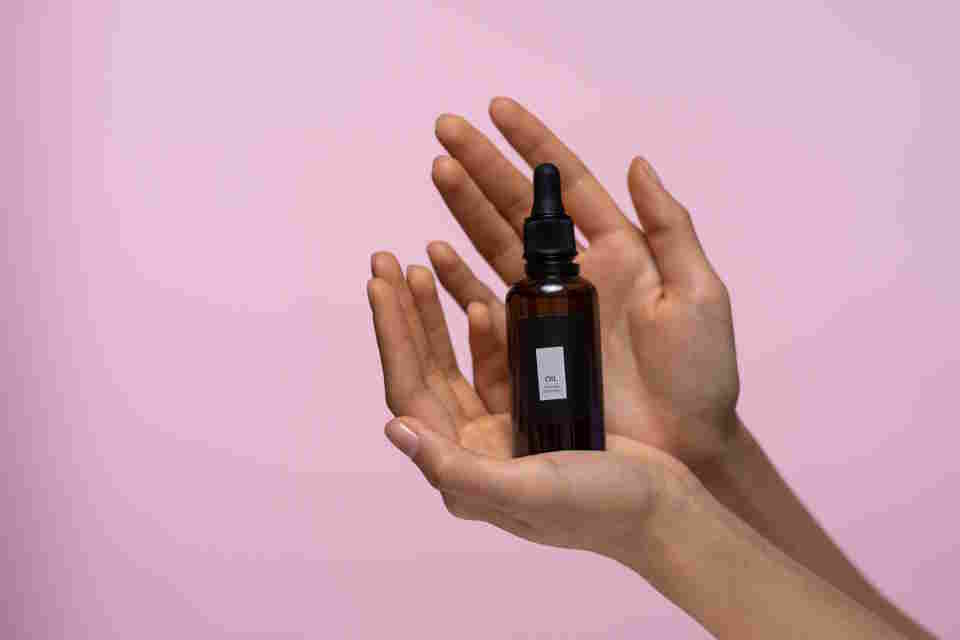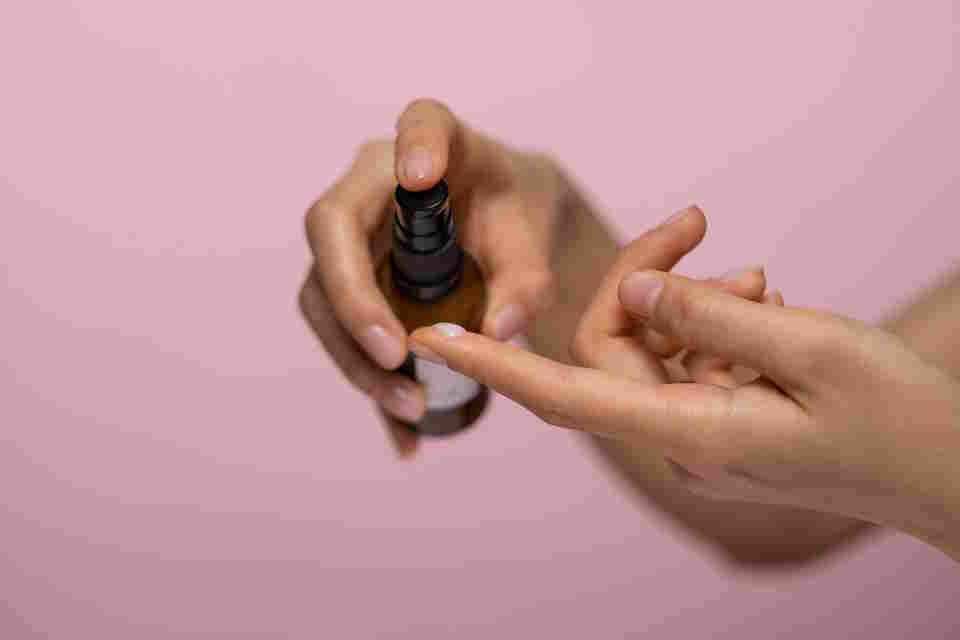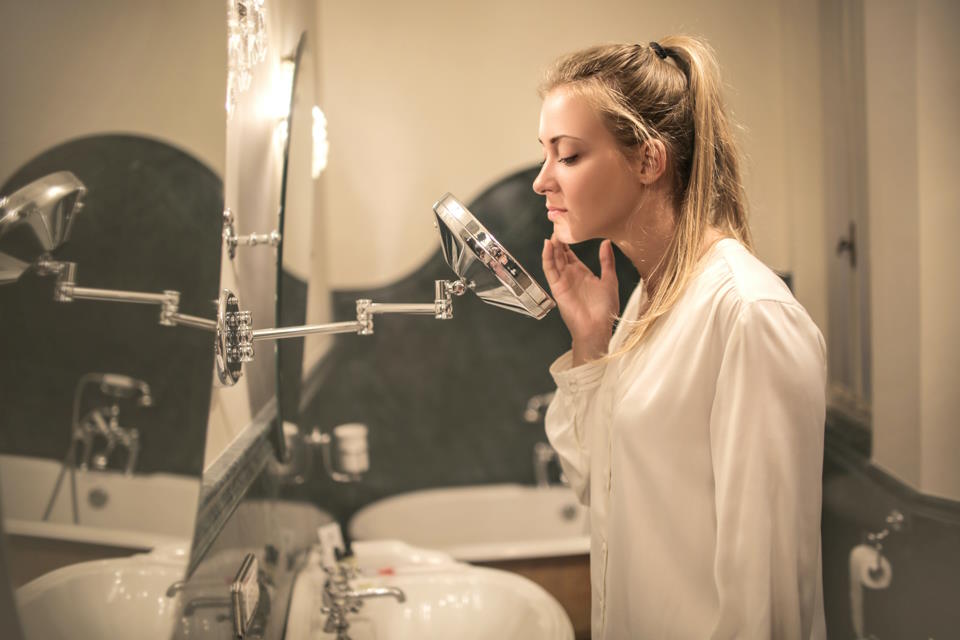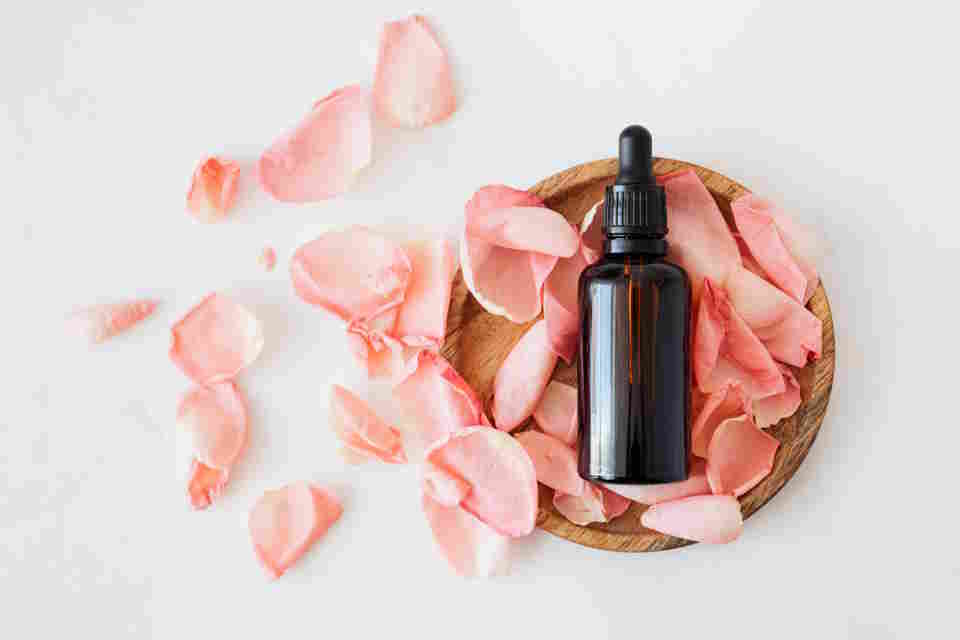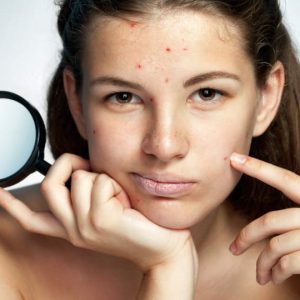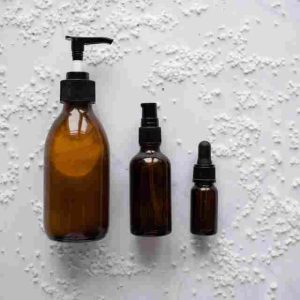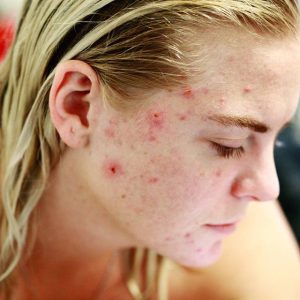Are you struggling with acne? Acne is a common skin problem that can be frustrating and challenging to deal with. While there are several solutions to treating acne, one ingredient that has gained popularity in recent years is hyaluronic acid. Hyaluronic acid is a natural substance that is found in the body and is known for its ability to hydrate and plump the skin. But, can hyaluronic acid help with acne? We will explore the benefits of using hyaluronic acid for acne, how long it takes to work, and whether it’s safe to use on open pimples. We will also discuss the best acid for hormonal acne, giving you all the information you need to make an informed decision on whether hyaluronic acid can benefit your skin.
Introduction
Acne is a common skin problem that affects millions of people worldwide. There are several products available in the market that claim to help with acne, and one such ingredient is Hyaluronic Acid. But the question is – does Hyaluronic Acid help acne? Let’s find out.
What is Hyaluronic Acid?
Hyaluronic Acid is a naturally occurring substance found in our skin. It is a humectant, which means it has the ability to attract and hold on to water molecules. This makes it an excellent ingredient for hydrating our skin. Hyaluronic acid is also found in many skincare products such as moisturizers, serums, and masks.
How Does Hyaluronic Acid Help Acne?
There is limited research on the direct effects of Hyaluronic Acid on acne. However, it is believed that its hydrating properties can indirectly help with acne. When our skin is dehydrated, it produces more oil to compensate for the lack of moisture. This can lead to clogged pores, which are one of the main causes of acne. By keeping our skin hydrated, Hyaluronic Acid may help prevent excess oil production and reduce the likelihood of clogged pores.
Should I Use Hyaluronic Acid on Acne?
While Hyaluronic Acid may not directly treat acne, it can still be a beneficial addition to your skincare routine. Its hydrating properties can help maintain healthy skin and prevent further damage. However, it’s essential to note that not all skincare products are suitable for acne-prone skin. Look for oil-free, non-comedogenic, and fragrance-free products that won’t clog your pores.
How Long Does It Take for Hyaluronic Acid to Work on Acne?
As with any skincare product, it can take time to see results. Hyaluronic Acid is a gentle and slow-acting ingredient, and you may not see immediate changes in your skin. It’s best to use it consistently for several weeks to see any improvements. However, if you experience any adverse reactions such as breakouts or redness, discontinue use immediately.
Should I Use Hyaluronic Acid on Acne?
Hyaluronic acid is a popular ingredient in skincare products due to its hydrating properties. However, when it comes to acne-prone skin, the question arises, should I use hyaluronic acid on acne?
The answer is yes, you can use hyaluronic acid on acne. In fact, it can help in relieving dryness and inflammation caused by acne treatments such as benzoyl peroxide or salicylic acid. Hyaluronic acid is a humectant, which means it attracts water and retains moisture, keeping your skin hydrated. When your skin is hydrated, it becomes less prone to irritation and inflammation, which can make acne worse.
However, despite its benefits, it is important to note that using hyaluronic acid on active, open pimples should be avoided. The reason being that the acid can draw water from the surface and increase the size of the pimple, making it more noticeable. If you have open pimples, it is best to wait for them to heal before using hyaluronic acid.
Next question is, what should consider when using hyaluronic acid on acne-prone skin? Here are some tips to keep in mind:
- Look for low molecular weight hyaluronic acid: It can penetrate deeper into your skin, providing better hydration and preventing breakouts.
- Use it correctly: Apply hyaluronic acid on damp skin and follow up with a moisturizer to lock in the hydration.
- Do not overdo it: Using too much hyaluronic acid can cause skin irritation and redness. Start with a small amount and gradually increase if needed.
Hyaluronic acid can be beneficial for acne-prone skin if used correctly. It helps in keeping the skin hydrated and reducing inflammation. However, it is important to avoid using it on active pimples and follow the tips mentioned above for better results.
| Pros | Cons |
| Hydrates the skin | Can cause irritation if overused |
| Reduces inflammation | Cannot be used on active pimples |
| Can be used with other acne treatments |
How Long Does It Take for Hyaluronic Acid to Work on Acne?
Hyaluronic acid is becoming a popular choice for people struggling with acne. Its ability to hydrate the skin and improve its overall appearance make it a good option for people dealing with acne-prone skin. However, one of the most common questions people ask is how long does it take for hyaluronic acid to work on acne?
The truth is, there is no set timeline for when you will start seeing the results of using hyaluronic acid on acne. Some people might start seeing improvements in their skin after using it for a few days, while others might not see any changes for several weeks. This can be due to various factors, such as the severity of your acne and your skin type.
If you are using hyaluronic acid as a topical treatment for acne, it is important to be consistent in its usage. Make sure to apply it daily as part of your skincare routine. While it might take some time for it to show visible improvements in your acne, it should help in reducing inflammation and moisturizing your skin.
- If you’re dealing with severe acne, you might need to use other treatments alongside hyaluronic acid to see significant improvements in your skin’s condition.
- Combining it with other acne-fighting ingredients like salicylic acid or benzoyl peroxide could help to speed up the process and provide you with faster results.
- It is also important to remember that hyaluronic acid is not a cure for acne.
While it can help reduce inflammation and moisturize your skin, it might not work for everyone. If you’re experiencing any adverse reactions to hyaluronic acid or find that it’s not working for you, it’s important to stop using it and consult with a dermatologist.
Can I Put Hyaluronic Acid on an Open Pimple?
Hyaluronic acid is a versatile skincare ingredient that promises hydrating, anti-aging, and skin-plumping benefits. It is commonly found in many skincare products, from serums to moisturizers, and is suitable for all skin types. But what about putting hyaluronic acid on an open pimple? Is it safe? Does it work?
The short answer is yes, you can put hyaluronic acid on an open pimple. In fact, it can help speed up the healing process and reduce inflammation and redness. Hyaluronic acid is a gentle and non-irritating ingredient, making it ideal for sensitive and acne-prone skin.
However, it’s important to note that hyaluronic acid alone may not be enough to treat acne. It’s best used in combination with other active ingredients, such as salicylic acid or benzoyl peroxide, to target the root cause of acne and prevent future breakouts. Always consult with a dermatologist or skincare professional for the best treatment plan for your individual skin concerns.
| Pros of Hyaluronic Acid on Pimples | Cons of Hyaluronic Acid on Pimples |
|---|---|
| Provides hydration to the skin, which aids in the healing process of the pimple | May not be enough to treat acne on its own |
| Reduces inflammation and redness | May cause purging, especially when used in combination with other active ingredients |
| Gentle and non-irritating to the skin | May not be suitable for all skin types |
Can I Use Hyaluronic Acid on Hormonal Acne?
Hyaluronic acid has gained immense popularity in the world of skincare, all thanks to its incredible moisturizing abilities. People with dry and dehydrated skin swear by this magical ingredient to hydrate their skin. Not just that, it is also believed to have numerous benefits for acne-prone skin and is considered a safe and effective solution to controlling acne breakouts. If you are someone who suffers from hormonal acne, you might be wondering whether hyaluronic acid can be used on acne caused by hormonal changes in the body.
The answer is— yes! Hyaluronic acid can be a great addition to your skincare regimen when dealing with hormonal acne. Hormonal acne is caused due to an imbalance of hormones in the body, specifically androgens such as testosterone, which triggers the production of excess sebum. This sebum then clogs the pores and leads to acne breakouts. Hyaluronic acid helps to hydrate the skin, which in turn regulates the production of sebum and prevents the skin from overproducing it.
Moreover, hyaluronic acid also helps to soothe inflamed and irritated skin, reduces redness and prevents acne scars from forming. It is a gentle ingredient that works well for all skin types, including sensitive skin, and does not clog pores or cause breakouts. However, it is important to note that hyaluronic acid alone might not be enough to treat severe hormonal acne. In such cases, it is best to consult a dermatologist and follow a proper skincare routine.
How to use Hyaluronic Acid on Hormonal Acne?
The best way to use hyaluronic acid on hormonal acne is by incorporating it into your daily skincare routine. After cleansing your face, apply a few drops of hyaluronic acid serum onto your face and neck, gently massage it into your skin until it is fully absorbed. Once the serum has been absorbed, follow up with a moisturizer to seal in the hydration. You can use it twice daily as a part of your morning and night skincare routine.
| Benefits of using Hyaluronic Acid on Hormonal Acne: |
|---|
| 1. Hydrates the Skin: Hyaluronic acid helps to hydrate the skin and prevent it from overproducing sebum, which leads to acne breakouts. |
| 2. Reduces Inflammation: It soothes inflamed and irritated skin, reduces redness and prevents acne scars from forming. |
| 3. Suitable for all Skin Types: Hyaluronic acid is a gentle ingredient that works well for all skin types, including sensitive skin, and does not clog pores or cause breakouts. |
Which Acid Is Best for Hormonal Acne?
Hormonal acne is a skin condition that affects a lot of people, especially women. It is triggered by hormonal imbalances; hence, it is quite difficult to manage. However, there are several treatments available that can help you manage it. One such treatment is the use of acids. With so many acids available in the market, it can be challenging to determine which one is the best for hormonal acne. we will look at some of the best acids that you can use to manage your hormonal acne.
If you are looking for an acid to manage your hormonal acne, salicylic acid is one of the best options available. It comes from willow bark, and it is known for its anti-inflammatory and exfoliating properties. Salicylic acid is great at penetrating the skin to unclog pores and reduce inflammation. When used regularly, it can help you manage your hormonal acne, prevent future breakouts and even lighten scars.
- Glycolic acid is another excellent option for managing hormonal acne. It is derived from sugar cane, and it works by exfoliating the skin. This acid is great at removing dead skin cells, unclogging pores and preventing future breakouts. Additionally, it can help to reduce the appearance of scars and fine lines, leaving the skin looking smooth and radiant.
- Lactic acid is a milder option compared to other acids like salicylic and glycolic acid. It is derived from milk and is known for its gentle exfoliating properties. Lactic acid helps to remove dead skin cells, unclogging pores and reducing the appearance of fine lines and scars. It is a great option for those with sensitive skin.
When choosing an acid to manage your hormonal acne, it is important to choose one that is compatible with your skin type. It is advisable to consult a dermatologist first before using any acid to manage your hormonal acne. This is because they can help you determine which acid is best for you and recommend the appropriate treatment.
| Acid | Skin type | Main benefit |
|---|---|---|
| Salicylic acid | Oily and acne-prone skin | Unclogs pores and reduces inflammation |
| Glycolic acid | Dry and mature skin | Exfoliates and lightens scars |
| Lactic acid | Sensitive skin | Gentle exfoliation and brightening |
It is important to note that acids should be used in moderation. Overusing any acid can cause skin irritation and even exacerbate your hormonal acne. Additionally, you should always use sunscreen when using any acid to manage your hormonal acne. This is because acids can make the skin more sensitive to sun exposure.
In conclusion, hormonal acne can be managed using acids such as salicylic, glycolic and lactic acids. It is important to choose an acid that is compatible with your skin type. Additionally, you should use any acid in moderation and consult a dermatologist before using any acid to treat your hormonal acne. With the right treatment, you can manage your hormonal acne and achieve clear, healthy-looking skin.
